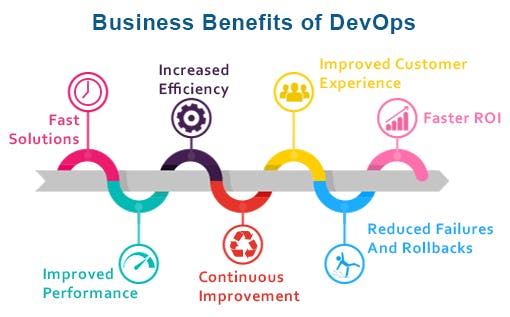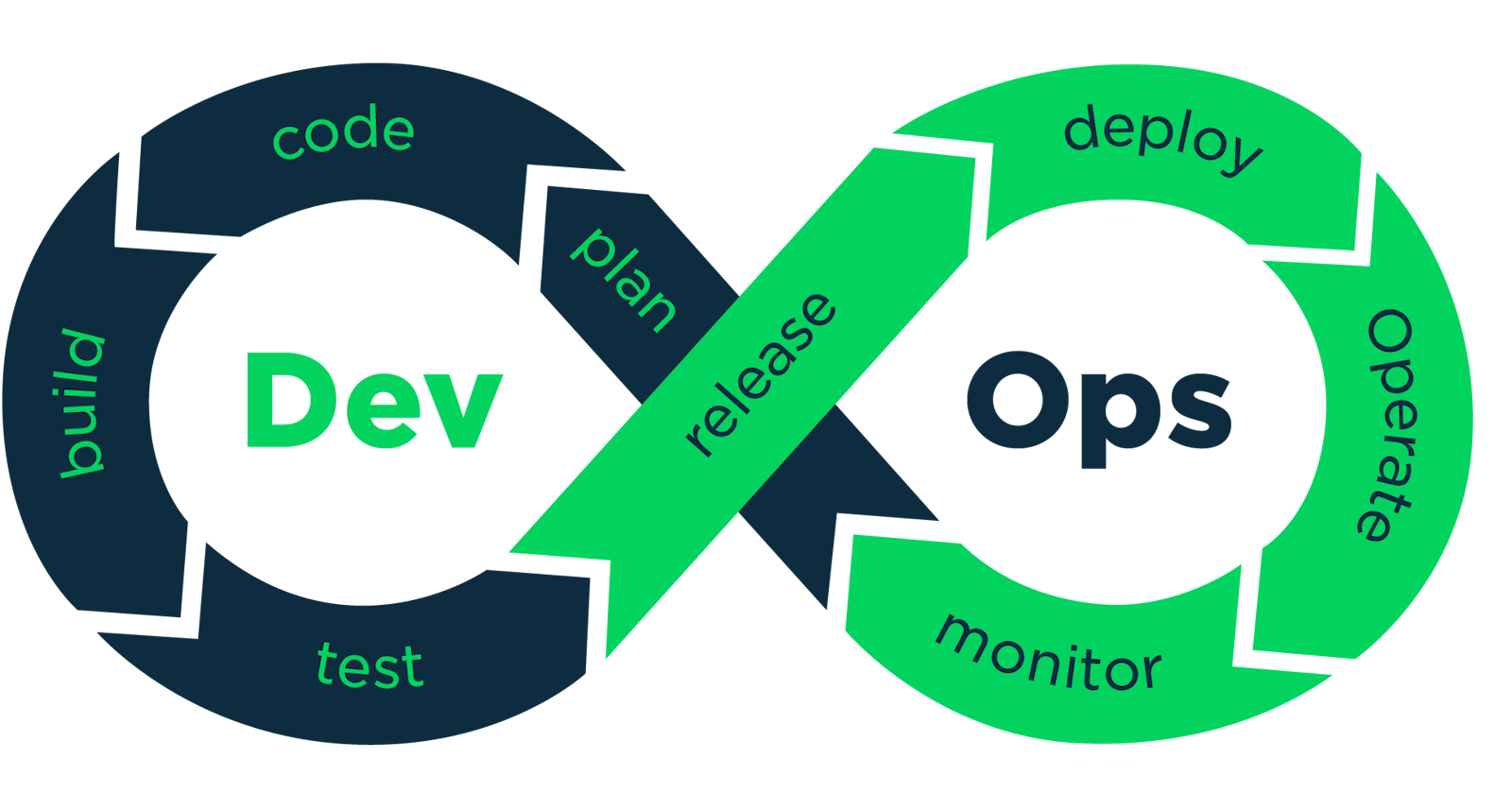What is DevOps?
DevOps is a methodology in the software development and IT industry. Used as a set of practices and tools, DevOps integrates and automates the work of software development (Dev) and IT operations (Ops) as a means for improving and shortening the systems development life cycle. DevOps speeds delivery of higher quality software by combining and automating the work of software development and IT operations teams.
In simple terms, DevOps is about removing the barriers between traditionally siloed teams, development and operations. Under a DevOps model, development and operations teams work together across the entire software application life cycle, from development and test through deployment to operations.
What is Automation, Scaling, and Infrastructure
Automation in DevOps refers to using tools and technologies to automate the manual processes involved in software development, testing, and deployment.
Scaling in DevOps involves the ability to expand or reduce the size of infrastructure, such as servers, databases, or applications, to meet the demands of the users or the workload.
Infrastructure in DevOps refers to the underlying technology and resources, including hardware, software, and network components, that support the software development and deployment process. The infrastructure should be flexible, scalable, and reliable to support the continuous delivery and deployment of software applications.
Why DevOps is Important?

Benefits
Speed. DevOps practices let you move at the velocity you need to innovate faster, adapt to changing markets better, and become more efficient at driving business results.
Rapid delivery. When you increase the pace of releases, you can improve your product faster and build competitive advantage.
Reliability. DevOps practices like continuous integration and continuous delivery can ensure the quality of application updates and infrastructure changes so you can reliably deliver at a more rapid pace while maintaining an optimum experience for end users.
Improved collaboration. Under a DevOps model, developers and operations teams collaborate closely, share responsibilities, and combine their workflows. This reduces inefficiencies and saves time.
Security. You can adopt a DevOps model without sacrificing security by using automated, integrated security testing tools.
Thank you for reading this Blog. If you found this blog helpful, please like, share, and follow me for future blogs. Your support will motivate me
I would like to connect with you at https://www.linkedin.com/in/priyanka-yadav-1966a11b3/
